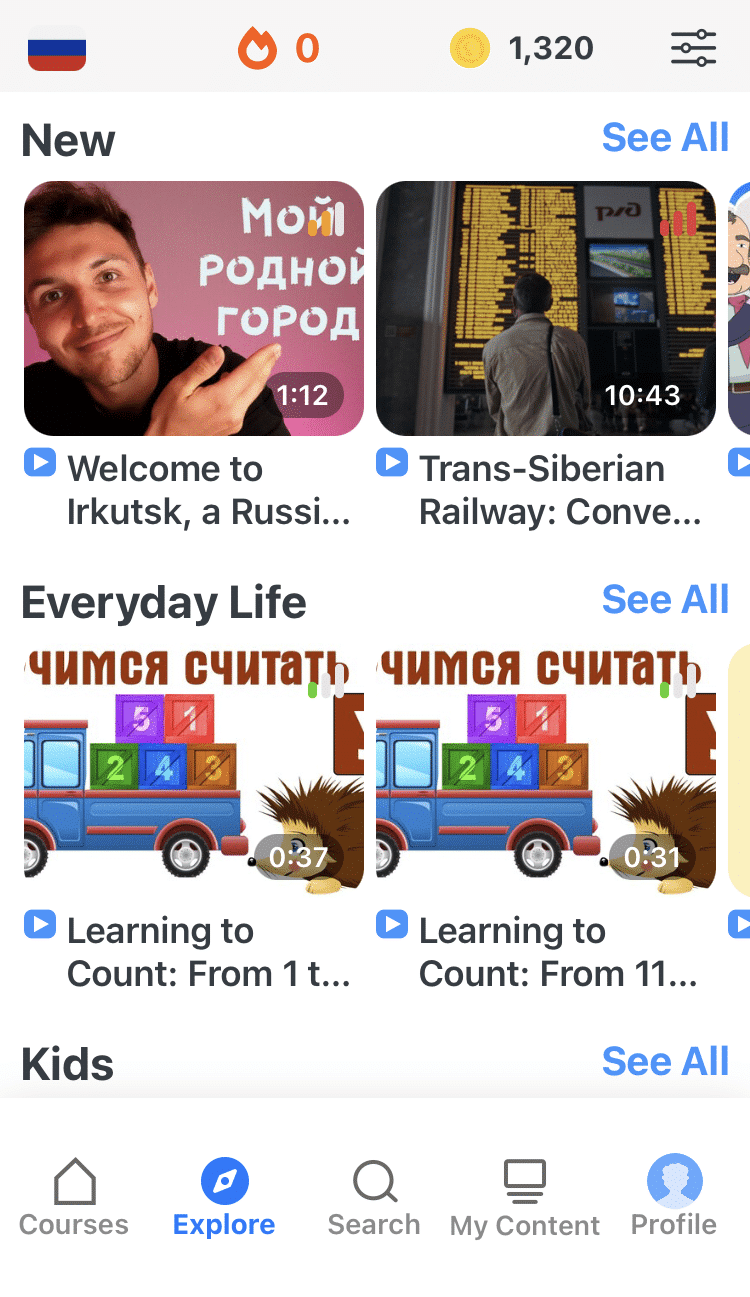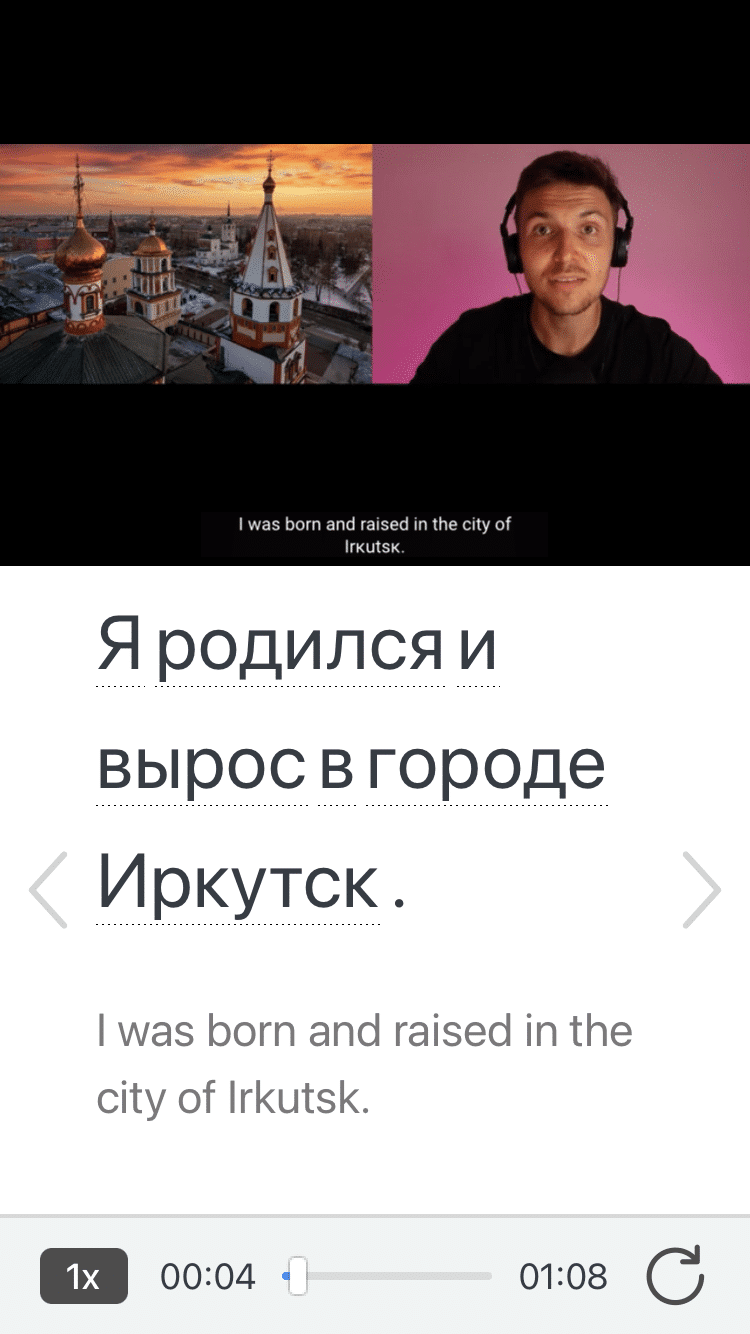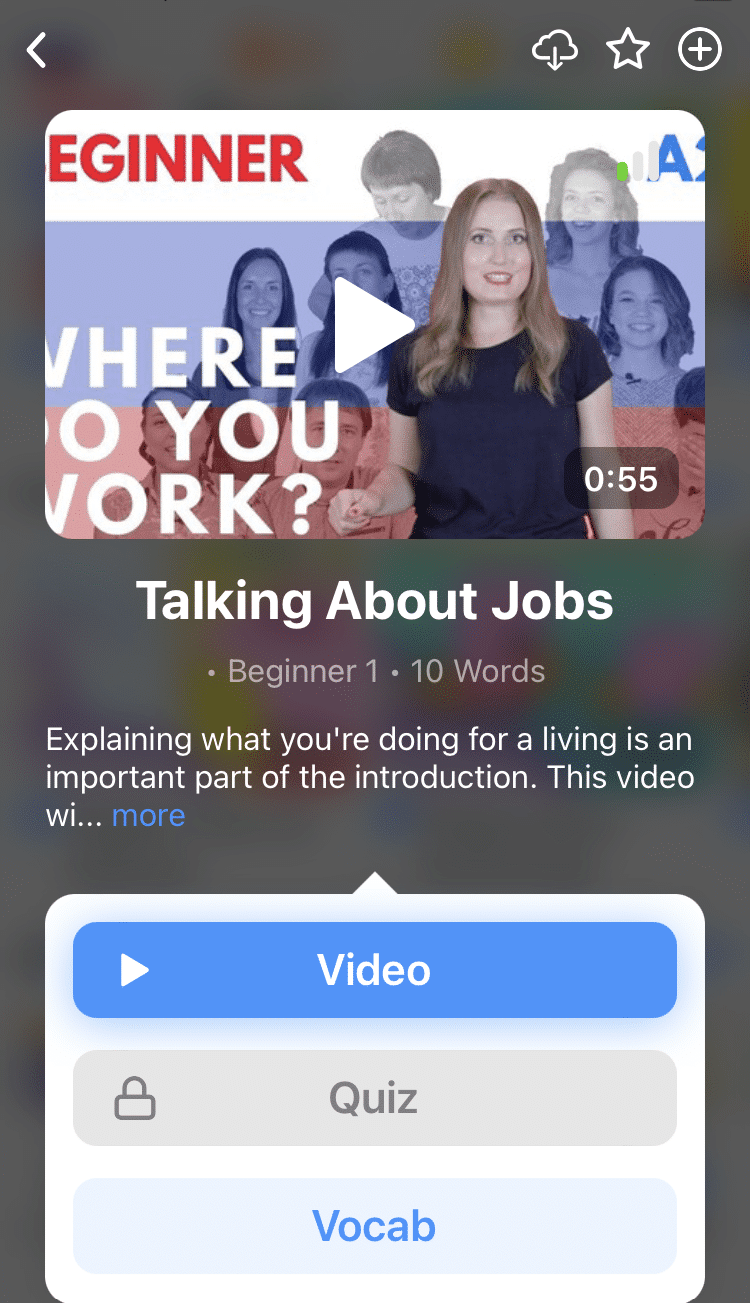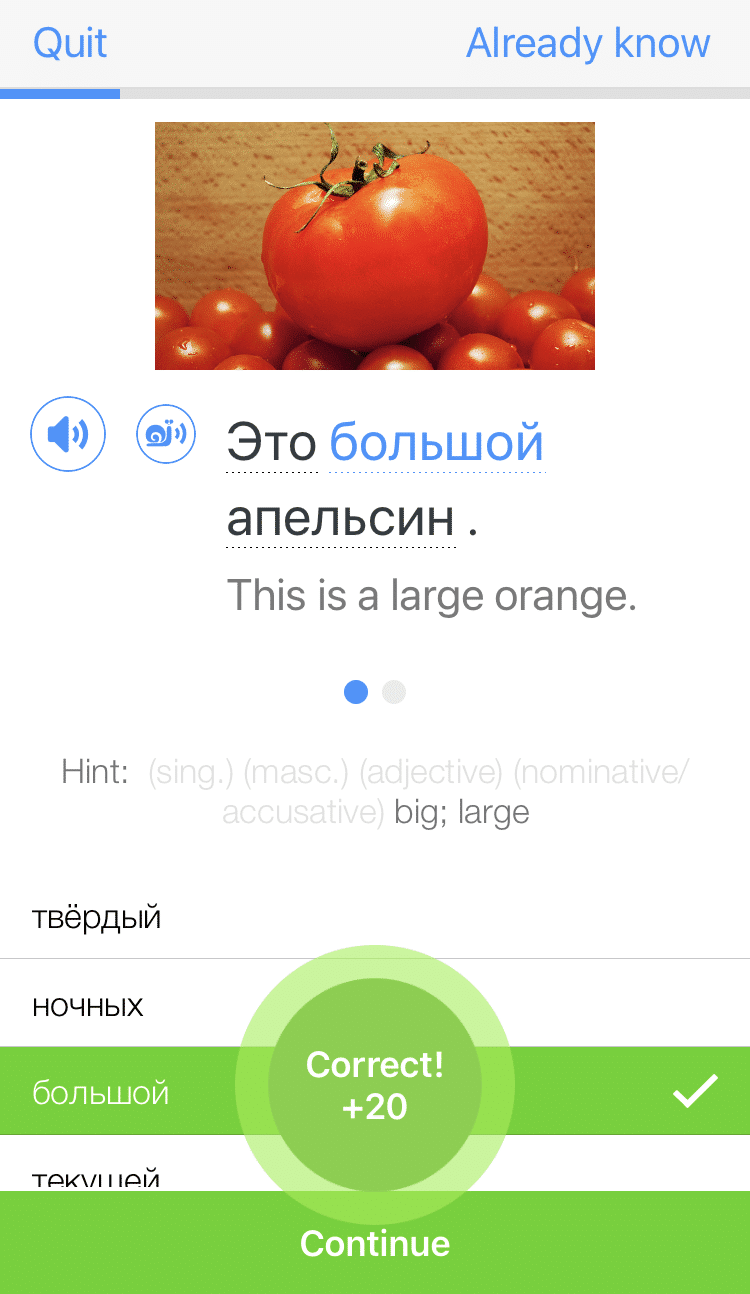
8 Polite Ways to Say Please in Russian
Russian culture values politeness, especially with anyone older or of higher social status than you.
Although I’m an adult now, I still struggle to use the informal “you” with my older relatives, even when they explicitly ask me to! It’s ingrained in you from a young age to be polite and use polite language.
So saying “please” in Russian is absolutely a must, even among friends.
It can be anything from a simple single word to a more rambling phrase. That’s because indirect requests come across as slightly more polite, like saying “Could you possibly…?” instead of just “Pass the salt.”
When in doubt, err on the side of formality and respect. Observe how others behave and you’ll pick up the nuances.
Contents
- How to Say “Please” in Russian: Пожалуйста (Pozhaluysta)
- More Ways to Say “Please” in Russian
- Будьте любезны (Bud’te lyubezny) — Please be so kind
- Будьте добры́ (Bud’te dobry) — Be kind
- Если вас не затруднит (Yesli vas ne zatrudit) — If it’s not too much trouble
- Прошу вас (Proshu vas) — I ask of you
- Буду вам очень признaтелен (Budu vam ochen’ priznatelen) — I would really appreciate it
- Буду вам благодарен (Budu vam blagodaren) — I would be grateful
- Плиз (Plees) — Please (from English)
- And One More Thing...
Download: This blog post is available as a convenient and portable PDF that you can take anywhere. Click here to get a copy. (Download)
How to Say “Please” in Russian: Пожалуйста (Pozhaluysta)
The most common way to say “please” is пожалуйста. This single word can be used in basically any situation. If you don’t learn any other word in this list, learn this one!
You can use it on its own to politely ask for something. For example:
Пожалуйста, откройте окно. (Pozhaluysta, otkroyte okno.) — Please open the window.
You can also use it in conjunction with other ways to say “please” to soften a request or make it even more polite, like this:
Не могли бы вы, пожалуйста, мне помочь? (Ne mogli by vy, pozhaluysta, mne pomoch’) — Could you possibly, please, help me?
And finally, пожалуйста also means “you’re welcome” in Russian. It’s the most common response you’d use when someone thanks you. For instance:
— Спасибо. (Spasibo.) — Thank you.
— Пожалуйста! (Pozhaluysta!) — You’re welcome!
While you’ll find plenty of places online that explain how this one word can mean both “please” and “you’re welcome,” none of them seem to agree. It seems that the the origin of the word has been lost to time and all that’s left is speculation. The best I can make out is that it comes from the word пожаловать (pozhalovat’), which means to visit or to give something and -ста (-sta), an obsolete suffix meant to convey politeness.
Regardless of the word’s origin, today пожалуйста is commonly used and accepted as both a way to say “please” and “you’re welcome” in Russian in virtually any situation.
When you’re using it to mean “please,” you generally place the word in the beginning or end of a request:
Пожалуйста, принеси мне еду. (Pozhaluysta, prinesi mne yedu.) — Please bring me some food.
Принеси мне еду, пожалуйста. (Prinesi mne yedu, pozhaluysta.) — Bring me some food, please.
But you can also stick it into the middle of a sentence:
Принеси мне, пожалуйста, еду. (Prinesi mne, pozhaluysta, yedu.) — Bring me, please, some food.
In colloquial speech, пожалуйста is often pronounced as “пожалста” because the full word can be a mouthful.
Along the same lines, you’ll often see this abbreviation used in texts and chats: “пож.” Because typing out “пожалуйста” is too much of a hassle, sometimes!
More Ways to Say “Please” in Russian
Note that all the phrases below are in their polite form, since saying “please” is generally a polite thing to do.
If you’re talking to your friends or peers and you want to use these expressions, you’ll need to change from Вы (Vy) formal “you” to Ты (Ty) informal “you.”
Using a program like FluentU will give you further insight into when to use formal and informal Russian, as well as how to use the expressions listed below and more.
FluentU takes authentic videos—like music videos, movie trailers, news and inspiring talks—and turns them into personalized language learning lessons. You can try FluentU for free for 2 weeks. Check out the website or download the iOS app or Android app. P.S. Click here to take advantage of our current sale! (Expires at the end of this month.)
Будьте любезны (Bud’te lyubezny) — Please be so kind
The word любезны (lyubezny) comes from the root “любез-” and means kind, courteous or polite. When combined with будьте (bud’te), which is a polite way of saying “(you all) be,” it turns into an expression used to ask someone politely for assistance.
The closest English equivalent is “Would you be so kind…” and the level of politeness just about matches up, too. Here’s an example:
Будьте любезны, откройте дверь. (Bud’te lyubezny, otkroyte dver’.) — Please be so kind as to open the door.
Будьте добры́ (Bud’te dobry) — Be kind
Similar to the previous phrase, this phrase asks the listener to be kind and fulfill your request. It’s an extremely polite phrase that I generally associate with older people. For example:
Будьте добры́, объясните, как добраться до ближайшего метро. (Bud’te dobry, ob’yasni’te, kak dob’rat’sya do blizha’yshego metro.) — Would you be kind enough to explain how to get to the nearest subway?
Если вас не затруднит (Yesli vas ne zatrudit) — If it’s not too much trouble
This is a polite way to preface a request or inquiry, indicating that you’re considerate of the other person’s effort. It literally translates to “If it doesn’t inconvenience you.”
A great example of it in use can be found in the Boris Akunin mystery novel “Murder on the Leviathan”:
Если вас не затруднит, мечтайте, пожалуйста, о чём-нибудь другом. (Esli vas ne zatrudit, mechtayte, pozhaluysta, o chem-nibud’ drugom.) — If it’s not too much trouble, please dream of something else.
Прошу вас (Proshu vas) — I ask of you
This phrase is an emphatic way to say “please.” It can be anything from a polite way to make a request to a more desperate expression closer in meaning to “I beg of you.” For example:
Прошу вас, подпишите этот документ внизу. (Proshu vas, podpishite etot dokument vnizu.) — I ask you, please sign this document at the bottom.
Прошу вас, не оставляйте меня в одиночестве! (Proshu vas, ne ostavlyayte menya v odinochestve!) — I implore you, don’t leave me alone!
Буду вам очень признaтелен (Budu vam ochen’ priznatelen) — I would really appreciate it
If you want to let someone know that you’d appreciate their help, this is the phrase to use. It’s quite formal, so you’d rarely hear it with the informal “you.” For instance:
Если вы сможете помочь мне с этим вопросом, буду вам очень признателен. (Esli vy smozhete pomoch’ mne s etim voprosom, budu vam ochen’ priznatelen.) — If you can help me with this issue, I’d really appreciate it.
Remember: Since признателен is an adjective, you’ll need to adjust its gender based on your own. Буду вам очень признaтелен is used when a male is expressing gratitude, while Буду вам очень признaтельна (Budu vam ochen’ priznatel’na) is the feminine version.
Буду вам благодарен (Budu vam blagodaren) — I would be grateful
Like the previous phrase, this one expresses your gratitude as you make a request. It’s slightly less formal and can be used to make general requests with an emphasis on how thankful you are for the assistance. For example:
Если вы сможете передать мне этот файл, буду вам благодарен. (Esli vy smozhete peredat’ mne etot fail, budu vam blagodaren.) — If you can send me this file, I will be grateful to you.
Also like the previous phrase, this one has a different feminine version: Буду благодарна (Budu blagodarna).
Плиз (Plees) — Please (from English)
Плиз is an informal, colloquial way of saying “please” in Russian. Sound familiar? That’s because it’s a transliteration of the English word “please” into Cyrillic characters.
This term is more often used in text messages or online communication. You might text your friend this message:
Плиз, не забудь купить молоко. (Pliz, ne zabud’ kupit’ moloko.) — Please don’t forget to buy milk.
Saying “please” in Russian is a simple way to show you’re thankful to someone before they even do whatever you’re asking them for. It’s just the polite thing to do!
If you love learning Russian and want to immerse yourself with authentic materials from Russia, then I should also tell you more about FluentU.
FluentU naturally and gradually eases you into learning the Russian language and culture. You'll learn real Russian as it's spoken by real Russian people!
FluentU has a very broad range of contemporary videos. Just a quick look will give you an idea of the variety of Russian-language content available on FluentU:
FluentU makes these native Russian videos approachable through interactive transcripts. Tap on any word to look it up instantly.
Access a complete interactive transcript of every video under the Dialogue tab. Easily review words and phrases with audio under Vocab.
All definitions have multiple examples, and they're written for Russian learners like you. Tap to add words you'd like to review to a vocab list.
And FluentU has a learn mode which turns every video into a language learning lesson. You can always swipe left or right to see more examples.
The best part? FluentU keeps track of your vocabulary, and gives you extra practice with difficult words. It'll even remind you when it’s time to review what you’ve learned. You'll have a 100% personalized experience.
Start using the FluentU website on your computer or tablet or, better yet, download the FluentU app from the iTunes or Google Play store. Click here to take advantage of our current sale! (Expires at the end of this month.)
And One More Thing...







